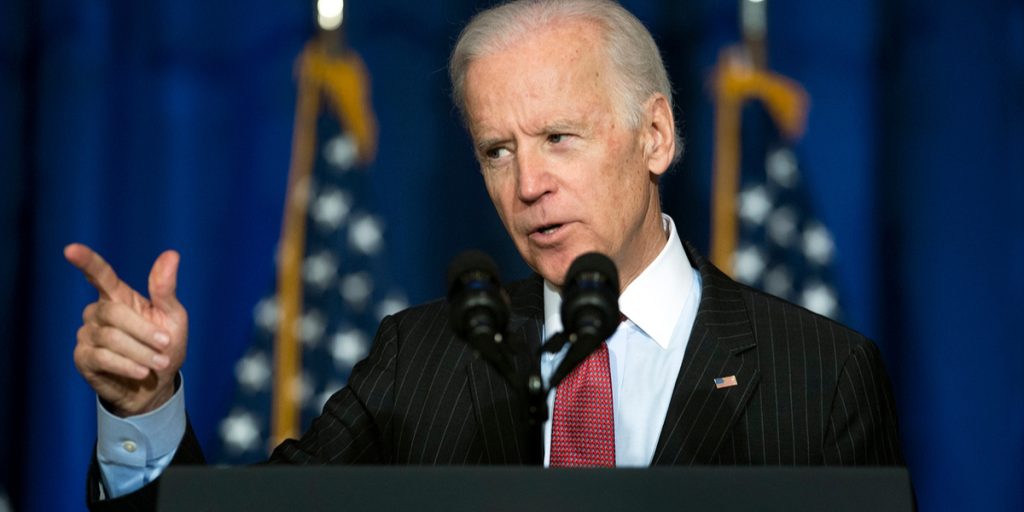Tensions in the Middle East are escalating.
Others are reading now
US President Joe Biden has expressed his concerns to Israeli Prime Minister Benjamin Netanyahu following the killing of Hamas leader Ismail Haniyyeh.
According to Der Spiegel, The phone call between the two leaders was described as “very direct” and comes amid rising violence in the Middle East.
Speaking from Joint Base Andrews after welcoming home Americans released from Russia, Biden told Netanyahu that the killings of Haniyyeh and Hezbollah commander Fuad Shukr were not helpful in achieving a ceasefire.
“It doesn’t help,” Biden said. He emphasized to Netanyahu the ongoing “efforts to de-escalate tensions in the region.”
Also read
Despite his criticism, Biden reassured Netanyahu of the US’s support for Israel in its fight against Hamas in the Gaza Strip, Hezbollah in Lebanon, and the Houthi militia in Yemen.
The call also discussed new US military aid to help Israel defend itself against rocket and drone attacks.
Vice President Kamala Harris was also part of the conversation.
Concerns Over Escalation
Not everyone agrees with Biden’s cautious approach.
Christoph Heusgen, chairman of the Munich Security Conference, criticized Netanyahu’s strategy of targeting terrorist leaders, warning that it could lead to further escalation. Heusgen argued that Iran might feel compelled to retaliate, further destabilizing the region.
Hamas leader Ismail Haniyyeh was reportedly killed in Tehran, Iran, on Wednesday.
Iran and Hamas have blamed Israel for the assassination and threatened retaliation. The Israeli government has not officially commented on the incident, but it had previously announced the killing of Hezbollah commander Fuad Shukr in Lebanon.
The Israeli army also confirmed that Hamas military chief Mohammed Deif was killed in an airstrike in the Gaza Strip on July 13.
Both Haniyyeh and Deif, along with Yahya Sinwar, are believed to have planned the major attack on Israel on October 7, which led to the current conflict in Gaza.
With fears of a major Iranian attack growing, Lufthansa has canceled flights to Beirut and Tel Aviv for the coming days as a precaution.
The ban affects all airlines within the Lufthansa Group, including Swiss, Austrian, Brussels Airlines, and Eurowings, and applies to both freight and passenger aircraft.

